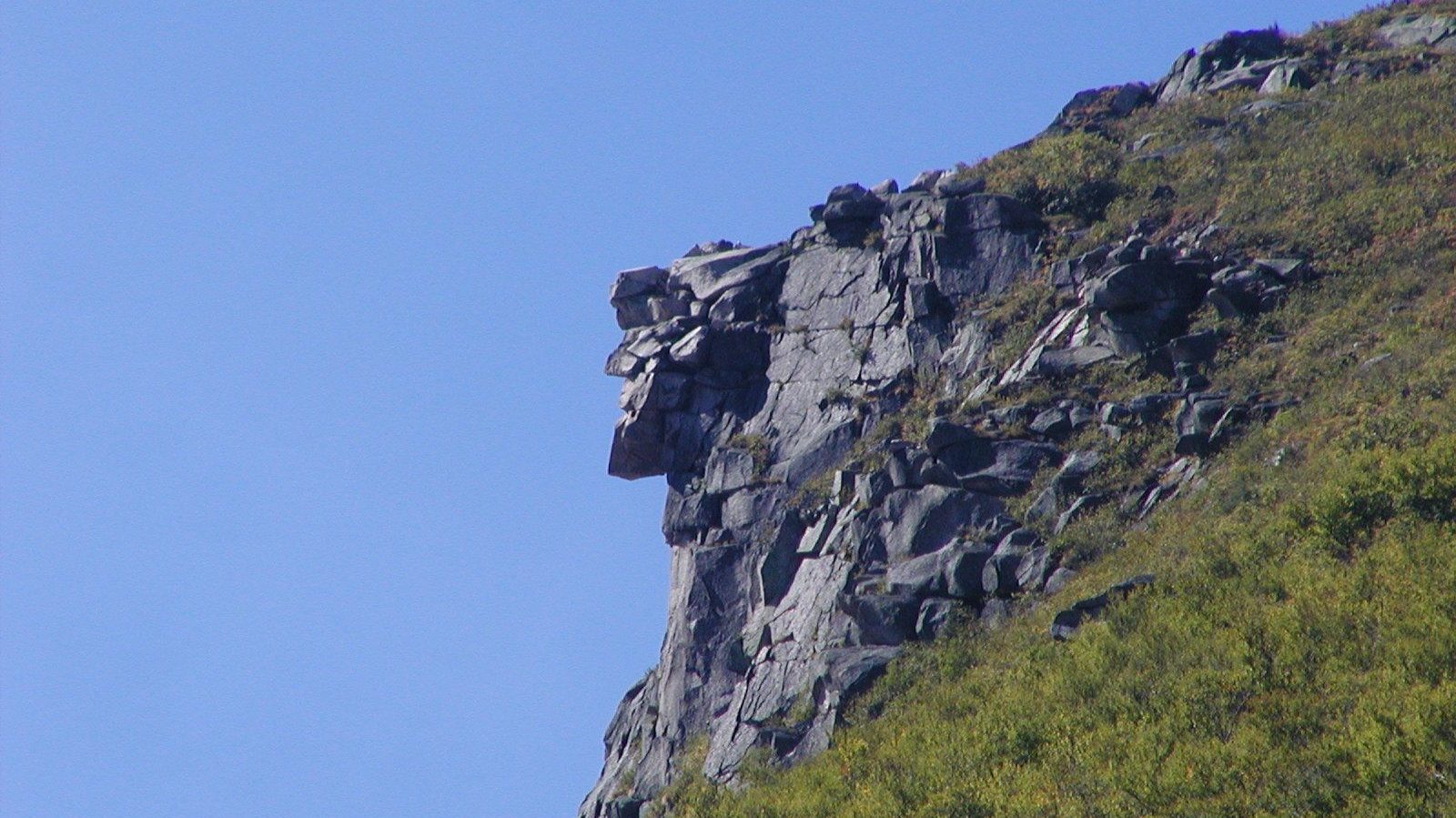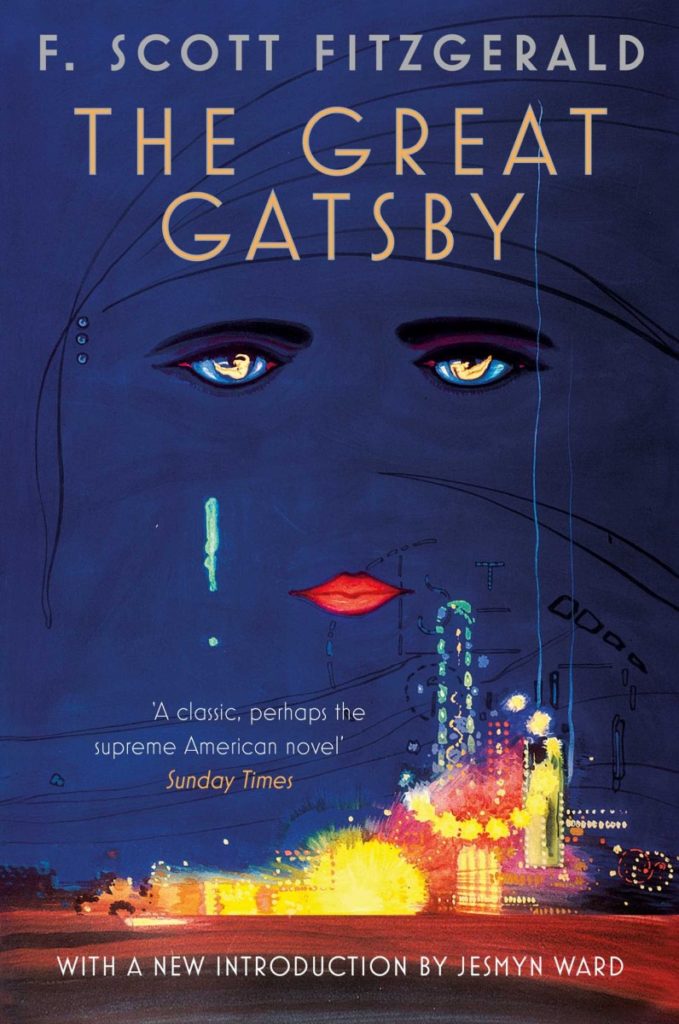
For most people, 2021 will be remembered as 1 PC (post-COVID). Some people have spent this year resigning themselves to the New Normal. Others have been struggling to return to the Old Normal, life before social distancing, masks, and vaccines.
For me, however, 2021 was the watershed for the New Old Normal.
In this year that’s just ending, I left Kentucky, the place I had been living for half my lifetime, and moved back to New Hampshire, my childhood home. Since announcing my departure back in August, many people have asked what made me decide to leave. The answer I gave was simply, “After COVID, I decided it was time to come home.”
This works fine for small talk over cocktails. But much like the rest of 2021, the truth is much more complicated.
The story really begins three years earlier, in 2018. That year, I came back to New Hampshire for my high school reunion.
Literally a full decade had passed since I had been back in New England. And that time in 2008 had been half a decade from the previous visit. You could count the times I came home since graduation on the fingers of one hand and map it on a spiral.
Every time I came home, I noticed things that had changed since my last visit: businesses that were gone, new construction in previously undeveloped land, roads that had been rearranged. The last time I had been back in Boston was the first time I had seen the Waterfront after the Big Dig. The changes were unsettling, how it was quieter, brighter, and didn’t smell of diesel fumes.
All of these changes seemed to reinforce what Thomas Wolfe once said: You can’t go home again. It’s unwise to live in the past and even more dangerous to try to recapture it. I even wrote an English paper around that after reading The Great Gatsby:
“Gatsby believed in the green light, the orgastic future that year by year recedes before us. It eluded us then, but that’s no matter–tomorrow we will run faster, stretch out our arms farther…. And one fine morning—
“So we beat on, boats against the current, borne back ceaselessly into the past.”
— F. Scott Fitzgerald

All of us know that one guy or one girl who can’t let go and move on to better things. Their eyes are fixed on the past, while they waste away in the present, since they don’t believe in a better future. Bruce Springsteen even wrote a song about them:
And I hope when I get old I don’t sit around thinking about it
Bruce Springsteen, “Glory Days”
But I probably will
Yeah, just sitting back, trying to recapture
A little of the glory, yeah
Well time slips away and leaves you with nothing, mister
But boring stories of
Glory days
I certainly didn’t want to be that guy.
But as much as my hometown had changed over the past 25 years, I had changed even more. Life forced me to grow up the hard way in my 20s and 30s, and I had to discard a lot of bad habits and mindsets I developed growing up.
When I look back into my past, I don’t see past glories; I see an awkward dork I’m embarrassed to admit now.
I also learned after the fact about a lot of hidden dysfunction in my family and peers I was ignorant back then. Most of these things didn’t come to my attention at least a full decade after leaving; social media exposed even more, if you read between the lines. Any nostalgia for the past was tempered by shadows lurking ex post facto.
Rose colored glasses don’t work so well when they have dark spots around the edges.
The timing was also important as well. Looking back over my life, I see now that it was best not to have come back earlier than now, even if I wanted to.
- In my 20s, I was still exploring the world. Coming back early would have cut it prematurely short.
- My 30s were the lowest point of my life. Coming back then would have been a disgraceful retreat, slinkering away with my tail between my legs.
- My 40s were a process of rehabilitation. It was necessary to allow it to come to fruition before I could make my return.
After being away for a decade, I came back seeing the familiar again with newer eyes. I noticed a lot of things that you could never notice over the Internet:
- The smell of the evergreens, birches, and maples.
- The roll of the terrain driving down Turkey Hill Road.
- The panorama of the Back Bay skyline while traversing the Longfellow Bridge on the Red Line.
Even though I spent half my lifetime living in Kentucky, I never really felt at home there. Sometimes you have to go away for a while and come back to discover what your true connection is to a place.
Everybody has a connection to the land where they eventually settle down to live. It’s not a myth that God made Adam from the dust of the earth. If you’re not living in a place that resonates with your soul, you feel like a stranger in a strange land.
And if you feel like a stranger where you live, you should start taking the long way home.
When you look through the years and see what you could have been
Supertramp, “Take the Long Way Home”
Oh, what you might have been
If you’d have had more time
So when the day comes to settle down
Who’s to blame if you’re not around?
You took the long way home
Great content! Keep up the good work!